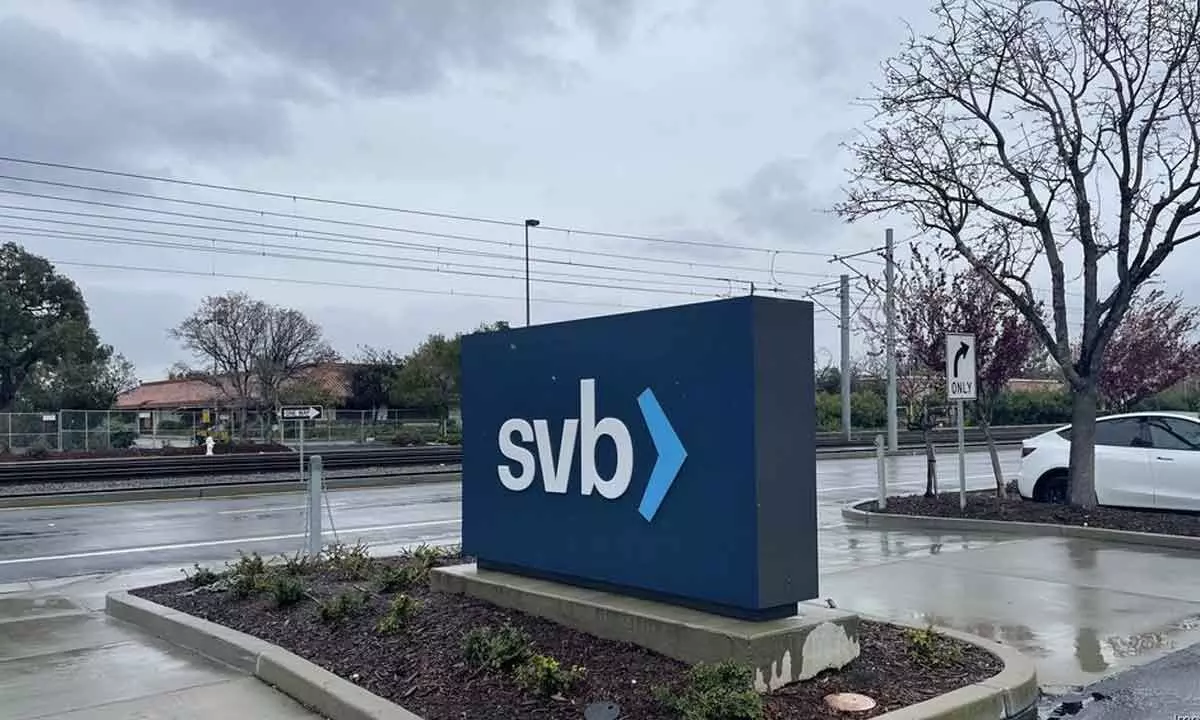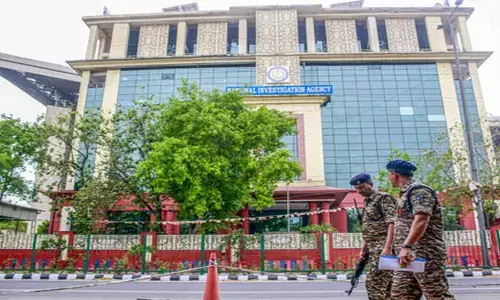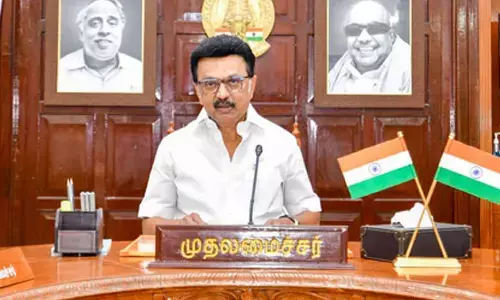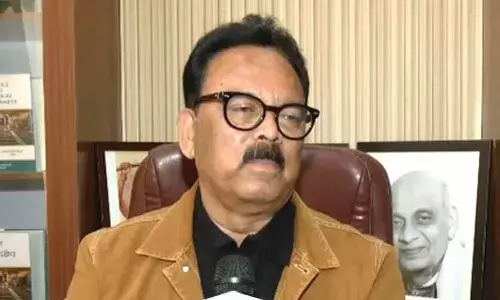Indian startups need protection from SVB crisis

Crisis at the Silicon Valley Bank (SVB) has brought in more bad news for the Indian startup ecosystem. Funding winter amid slowdown fears has already roiled the startup scene for the last one year now. The collapse of SVB is likely to aggravate the problem. The impact of this crisis can be gauged in two ways. Firstly, there are some Indian startups with US operations, which have exposure to SVB. Several Indian companies, including Nazara Technologies, Freshworks and many startups backed by Y Combinator have banking relationship with the beleaguered bank. Though new measures now allow withdrawal of deposits, it is not clear whether these companies will be allowed to withdraw the total amount or not. Also, the fall of SVB doesn't augur well for Indian startups which have ambitions for doing operations in the US.
SVB is one of those few banks willing to do business with foreign entities like Indian startups. Given its working relationship with Indian banks, many startups have established relationship with SVB from the beginning of their US operations. The situation has turned so precarious today that they have to scout for alternatives in the US market in order to stay afloat.
Secondly, the collapse of SVB has a big sentimental impact on the startup ecosystem across the world. The bank has specialised in nurturing relationship with new-age companies and offering products customized to their needs. It is a fact that most banks across the world, including India, don't have tailor-made products for startups. Most even extract high fees from these companies owing to the risk perception. So, when a specialised bank for startups falls, it creates a sentimental impact on the whole ecosystem. Startups across the world are already facing the heat with most stakeholders criticizing them for not following prudent business model apart from mass firing of employees. The ongoing funding winter has aggravated their problems. A consequence of the SVB collapse will be that banks will be more conservative, nay rigid, in dealing with these entities.
Give the perspective, domestic startups may have to wait for the storm to pass and believe that every cloud has a silver lining. Despite all the negative press and criticism, there is no denial that startups are now integral to the new economy. These new-age companies are not just betting on innovative ideas but they have emerged as significant job and wealth creators. Therefore, supporting the ecosystem works in favour of the economy. It is heartening to see that the government is doing initial assessment of the impact by discussing with all stakeholders.
If the central government can discuss this issue with the US government on a diplomatic level to forge a mutual banking relationship for Indian startups, that will go a long way in establishing operations in the US market. Given that US leadership frequently discusses with the Indian counterparts for furthering US-based companies' interests in India, we should also do the same aggressively. Moreover, the Reserve Bank of India can speak to the US Federal Reserve for creating special banking channel for startups. Eventually, the interests of Indian startups have to be protected so as to boost the country's domestic economy.














